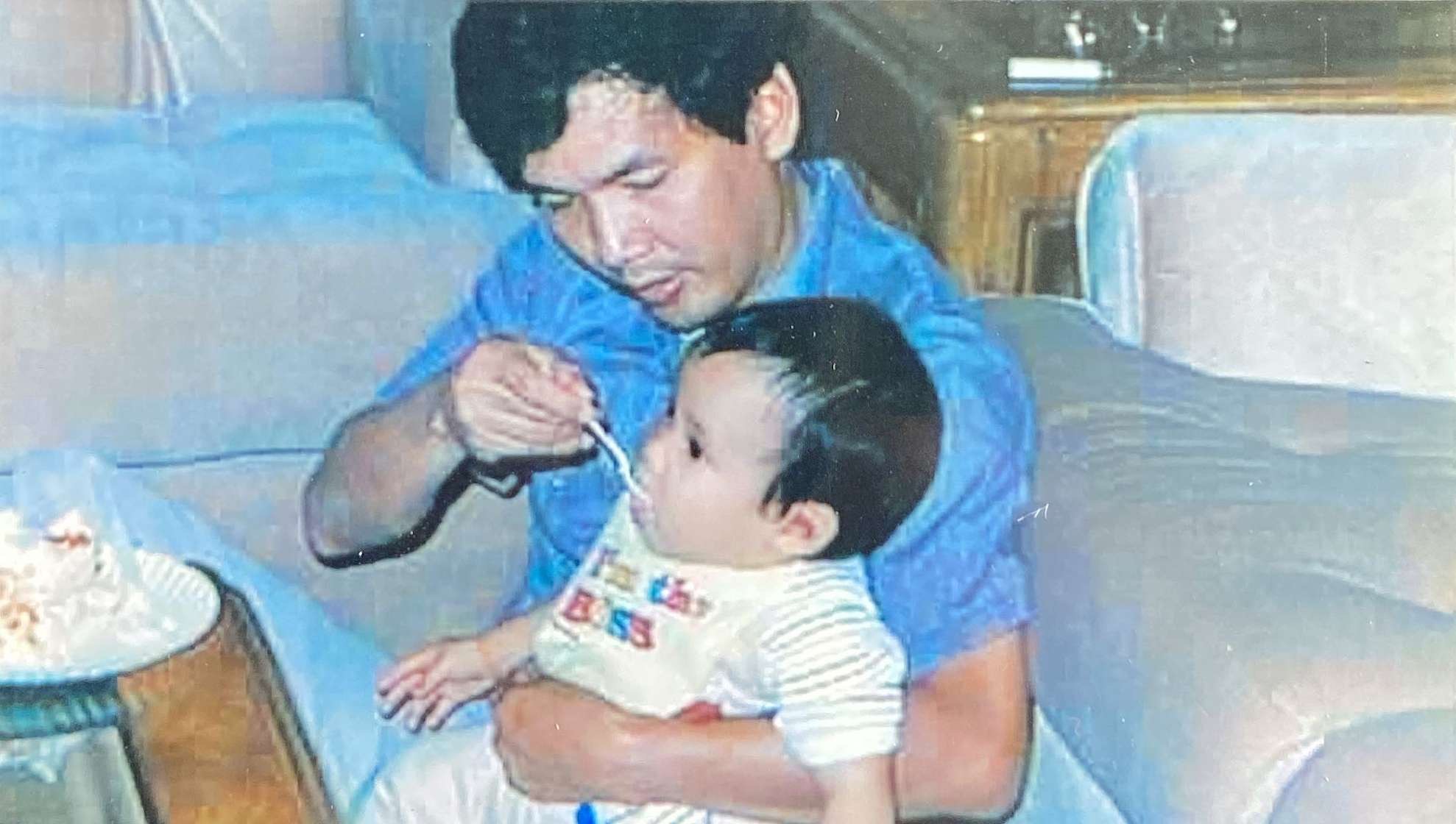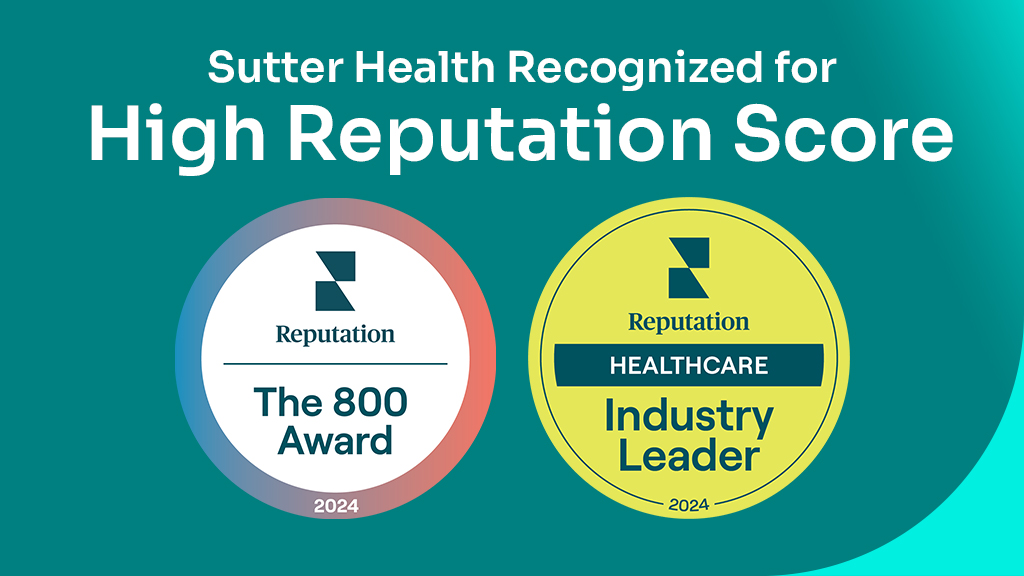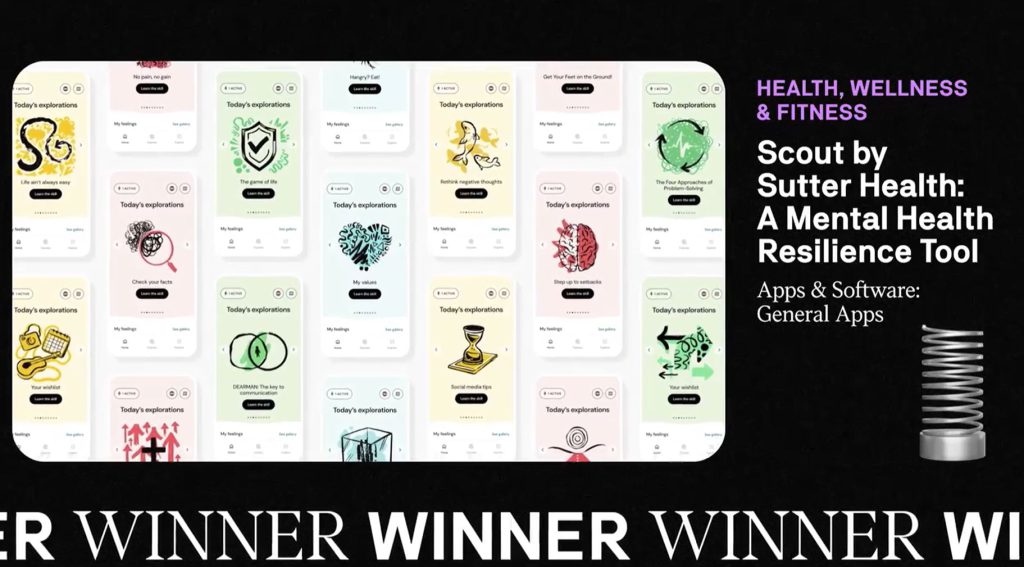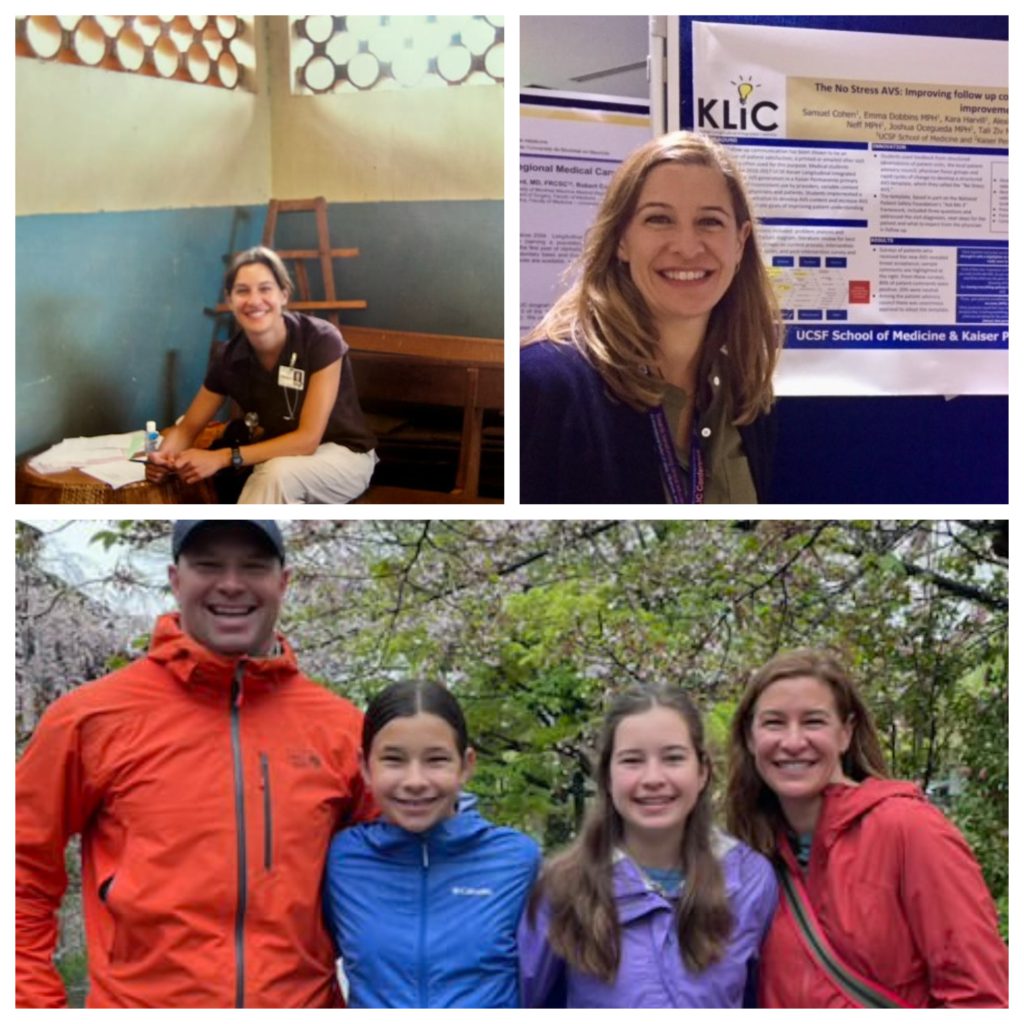Dave L. Tran, M.D., is the department chair of Palliative Care and Support Services at Palo Alto Medical Foundation, part of the not-for-profit Sutter Health network. In honor of Father’s Day, we highlight Dr. Tran’s tribute to his dad, Dr. Hai Tran, a Vietnam War refugee who immigrated to the US in 1975. Dr. Dave Tran cared for his father when he was diagnosed with ALS –a pivotal experience that also helped shape his professional path.
My father was a refugee of the Vietnam War. He and my mother fled their home, and traveled by boat to the US, following the Fall of Saigon in 1975. My parents migrated to California and my father re-earned his degree and credentials in America, so he could resume the medical career he’d started in Vietnam. Without warning my dad was diagnosed with Amyotrophic Lateral Sclerosis, also known as Lou Gehrig’s disease, at the age of 57.
I was 14 when my father was diagnosed with ALS.
ALS is a progressive neuromuscular disease characterized by muscles that stop functioning, effecting mobility, speech, and function. For example, I remember hearing my dad’s footsteps change when he started using a cane. I watched him progress to needing a wheelchair. Eventually he had a tracheostomy – a breathing tube placed directly into his windpipe – so a ventilator could breath for him when his chest muscles grew too weak to inhale.
My father died when I was 18. I’d been his primary caregiver and the experience forever changed my life.
As a caregiver I was determined, brave and tireless; I was also extraordinarily lonely. A teenager, completely different in life experience from my peers, I was isolated and unsure how to ask for support. I suffered more because I was alone in my grief and pain.
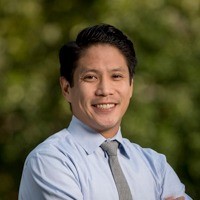 At my father’s bedside, I promised him I would commit my life to helping others. I now care for people with ALS and other serious illnesses as a physician, and work with my team to support their families as well.
At my father’s bedside, I promised him I would commit my life to helping others. I now care for people with ALS and other serious illnesses as a physician, and work with my team to support their families as well.
My father’s illness taught me humility, empathy and to find motivation even during the darkest of times. Being his caregiver taught me even more.
You are not alone. Though we each struggle and grieve in deeply personal ways, there are people who understand what you’re going through or have gone through. With these people there is no need for explanation, no need to describe; they already know. Sometimes that’s enough. I encourage all caregivers to find others who share their experience and get support from those connections.
Community can help. My own caregiving experience was extraordinarily difficult, but I realize now, that with the right resources, it didn’t have to be that way. Leaning into our families and our communities is a powerful coping skill. By staying connected with each other, engaged and supporting each other, we have an opportunity to grow together over shared experiences. There is healing in being able to bond with another person who understands, so take it.
Never doubt the willpower of a person advocating for their loved one. Love makes us do more for others than we would do for ourselves, over and over again. I’ve witnessed the power and resilience of caregivers. I’ve seen children advocate for parents who can’t speak for themselves. I’ve seen perseverance, hope and transformation through loss that can move mountains.
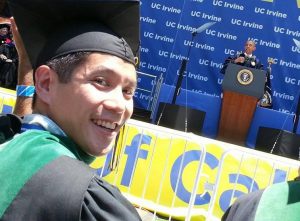 There is joy and purpose in giving to others what you didn’t have. I became a palliative care physician because I wanted to support and guide others on their journey in a way that I didn’t personally experience. Helping patients and their families has taught me that terminal illness doesn’t have to be chaotic.
There is joy and purpose in giving to others what you didn’t have. I became a palliative care physician because I wanted to support and guide others on their journey in a way that I didn’t personally experience. Helping patients and their families has taught me that terminal illness doesn’t have to be chaotic.
By supporting a person’s physical, emotional, psychosocial, and spiritual wellbeing, I can help them avoid some of the suffering, chaos and uncertainty that I experienced during my own father’s illness.
About 10% of ALS cases are caused by genetic mutations, so there is the chance I have inherited ALS from my father and it will manifest when I’m older. I’ve known this since I was a teen and it has motivated me to value the time I have.
I don’t take for granted that I can eat and talk and run. I’m also not afraid of death because I know I’m making the most of my potential by helping the most people I can, while I can. And I like to think I’m making my dad proud.
~ Dave Tran
There are multiple ways to get involved and help increase awareness and support for ALS. Your local ALS chapter can also help connect you to others who have experience with the disease.

